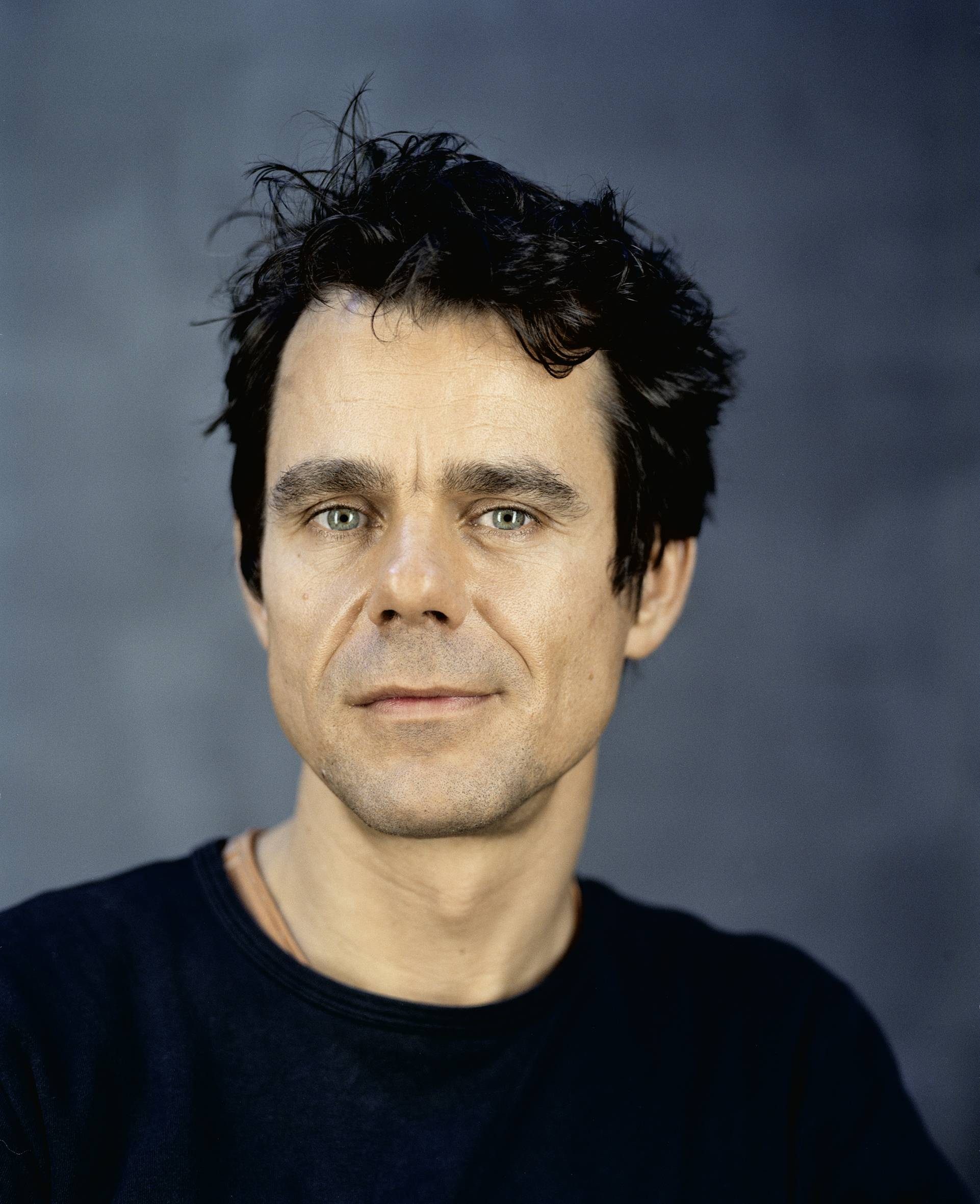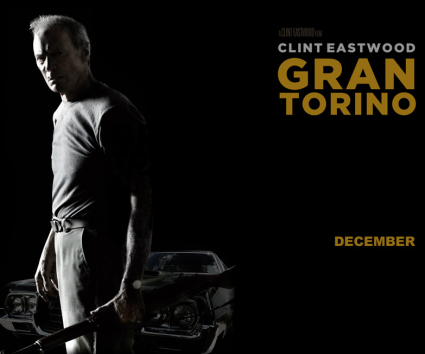 This week, skirting one of my duties in order to re-watch a re-released Jean-Luc Godard classic (A Married Woman, reviewed below), I passed over the opportunity to watch the Clive Owen-starring, ludicrously topical, evil-multinational-bank thriller The International. The trailer for the film, frankly, failed to impress and, presented with the opportunity to watch Godard’s film again, I had no problem skipping that particular film. That is, until I looked at the back of the DVD case a couple days later and saw to my surprise, the credit, “Directed by Tom Tykwer.”
This week, skirting one of my duties in order to re-watch a re-released Jean-Luc Godard classic (A Married Woman, reviewed below), I passed over the opportunity to watch the Clive Owen-starring, ludicrously topical, evil-multinational-bank thriller The International. The trailer for the film, frankly, failed to impress and, presented with the opportunity to watch Godard’s film again, I had no problem skipping that particular film. That is, until I looked at the back of the DVD case a couple days later and saw to my surprise, the credit, “Directed by Tom Tykwer.”
Tykwer, you may recall, was at the forefront of the rebirth of (good) German cinema in the late 1990s with his film Run Lola Run (Lola Rennt, 1999). Ten years later, he seems to be working in Hollywood, directing big stars Naomi Watts and Clive Owen in what looks like a very goofy thriller. While his involvement has piqued my interest in the film, the story of the successful and visionary foreign director who is lured to Hollywood only to make middling flops is one that has been repeating itself since Hollywood became the world’s biggest film industry in the 1920s. So I’m a little worried for Tykwer.
The most recent example of this is arguably Wong Kar-Wai, the brilliant Chinese auteur who directed arthouse favorites like Days of Being Wild (1990), Chungking Express (1994), and In the Mood for Love (2000). His first English-language film, My Blueberry Nights (2007), inexplicably starring Norah Jones, failed to impress critics or his trusted cinephile audience. More relevant to Tykwer, however, is the example of Oliver Hirschbiegel, who directed the rather excellent Downfall (Der Untergang, 2004) about Hitler’s last days. After its success in the United States, where it was nominated for Best Foreign Film at the Oscars, Hirschbiegel came to Hollywood and, like Tykwer, made a goofy thriller starring a British-Australian couple: The Invasion (2007), starring Daniel Craig and Nicole Kidman. If you don’t remember this upteenth remake of the Invasion of the Body Snatchers story, it’s because it was poorly marketed, poorly reviewed, and quickly forgotten.
There are, of course, many, many exceptions. Before his tragic death, German Expressionist F.W. Murnau made Sunrise (1927) in Hollywood, one of the best films of all time. Rene Clair, fleeing to the United States when France was invaded by the Germans, found success, if not the same artistic freedom, in Hollywood (for an example, check out his immensely entertaining Agatha Christie adaptation, And Then There Were None (1942). The University of Illinois’ own Ang Lee, after first making films in China, has found success in the United States with films like The Ice Storm (1997) and Brokeback Mountain (2005). And then, of course, there is Alfred Hitchcock, who spent the last 30 of his 50-year career in Hollywood and ruled it with an iron MacGuffin.
But for every Hitchcock, there seems to be at least one John Woo, the brilliant director whose style, especially in Woo’s case, may seem germaine to the genres and milieu of Hollywood but, for whatever reason, is stymied by his or her transition to the States. While Godard’s friend and co-cinematic revolutionary Francois Truffaut would succumb to the temptations of Hollywood, stopping here briefly to make the (naturally) poorly-received adaptation of Fahrenheit 451 (1966), Godard leans more toward the “hate” aisle of the New Wave’s love-hate relationship with Hollywood, and he’s resisted the temptation.
New Releases From the Box
 A Married Woman (Une femme mariée)
A Married Woman (Une femme mariée)
Jean-Luc Godard’s 1964 film isn’t as highly regarded as his later masterpiece Masculin Feminin (1966) or his breakout Breathless (A bout de souffle, 1960), but it’s one of my favorites from this stage in his career. It’s about a bourgeois housewive (Macha Méril) stuck between her clinging lover and her controlling, patriarchal husband. She’s pregnant, pretty sure it isn’t her husband’s, and aloof from and indifferent to both men. An unsparing critique of bourgeois life and consumerism, A Married Woman is nevertheless one of the less obstrusively political films Godard has made, and, while I do love the clever political diatribes of Week End (1967) and Tout va bien (1972), it’s nice to see something (a little) more understated and more compellingly dramatic from Godard.
This new disc from Koch Lorber seems to be a new transfer; it surely looks much better than the old disc, both in packaging and in actual film quality. I highly recommend this less-appreciated film by the political but never overly self-serious Jean-Luc Godard.
Gran Torino
Gran Torino is director/actor Clint Eastwood’s last role in front of the cameras, according to him. While this means that we won’t get that sixth Dirty Harry movie we were all hoping for, Eastwood does his best to go out with a bang, importing the tough guy image, grimace, and voice that we know so well to this drama about an old curmudgeon living in a Detriot neighborhood that’s gone bad. When the film starts, his Walt Kowalski is more or less an unrepentant racist, complaining with every racial epithet thinkable about his Asian immigrant neighbors. The film is about, in many ways, the Korean veteran’s final conversion to more open-minded feelings about Asians and Asian-Americans, though he never does let go of those epithets.

The film is not a great one. At times its sentimentality is cringe-worthy, but it is a thoroughly convincing and fair portrayal of white/Detriotian/veteran feelings about race, and of the Hmong characters around whom these feelings center. The Hmong characters are well-developed, believable, avoid stereotypes, and are played by actual Hmong actors — all a rarity for Asian and Asian-American characters in Hollywood films. The film is worth a view, especially for its climax, a total subversion of what you’d expect from a gun-wielding Eastwood character, and a wonderful send-off for Eastwood’s legendary career as an actor.
Next Week on From the Box
If I can get my hands on it, I’ll review Death Race 2000 in honor of recently-deceased David Carradine. New Releases include the remake of Friday the 13th, which might surprise me. I’m relatively open to remakes of horror films, after absolutely loving Alexandre Aja’s Hills Have Eyes remake.








